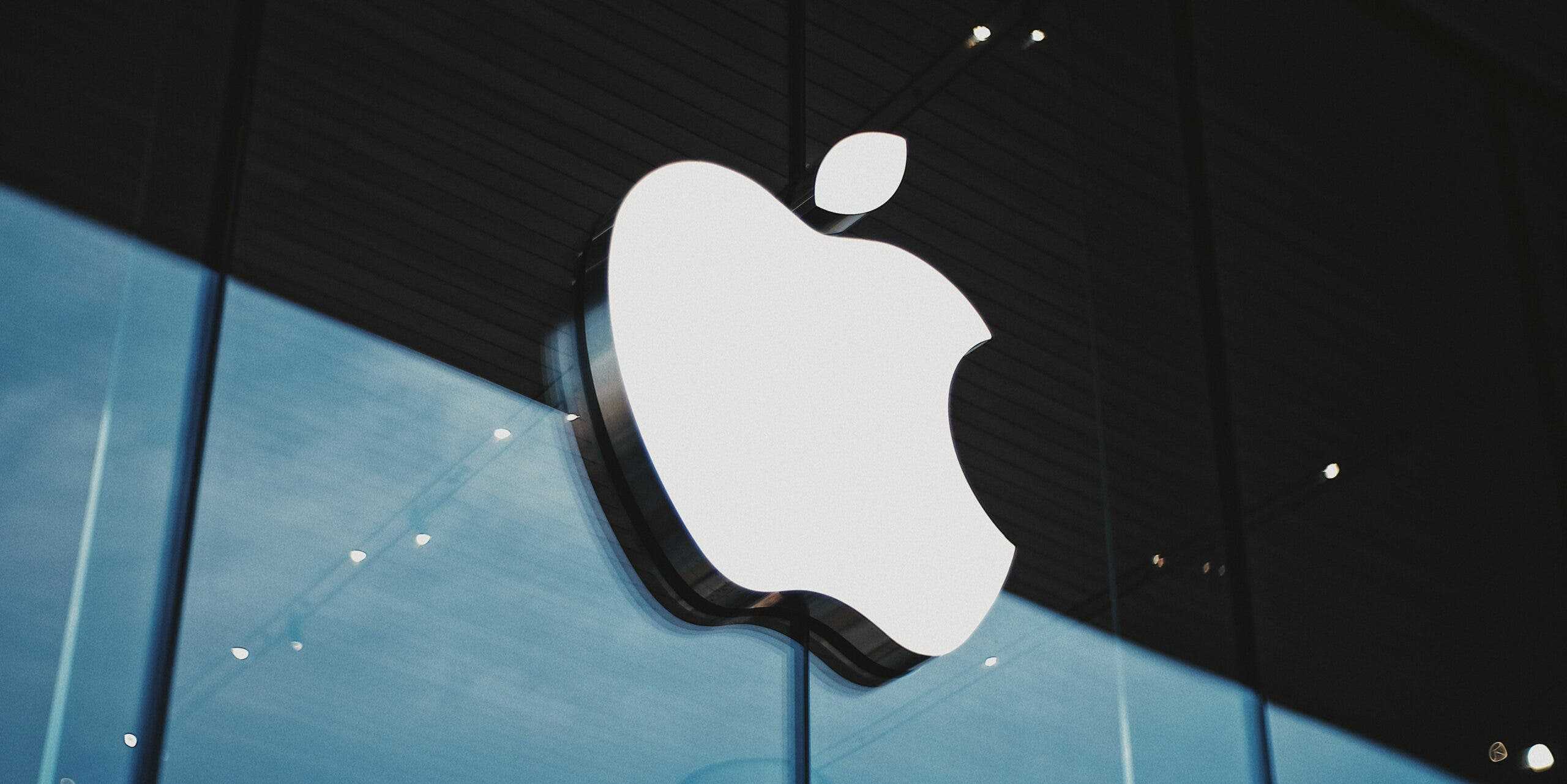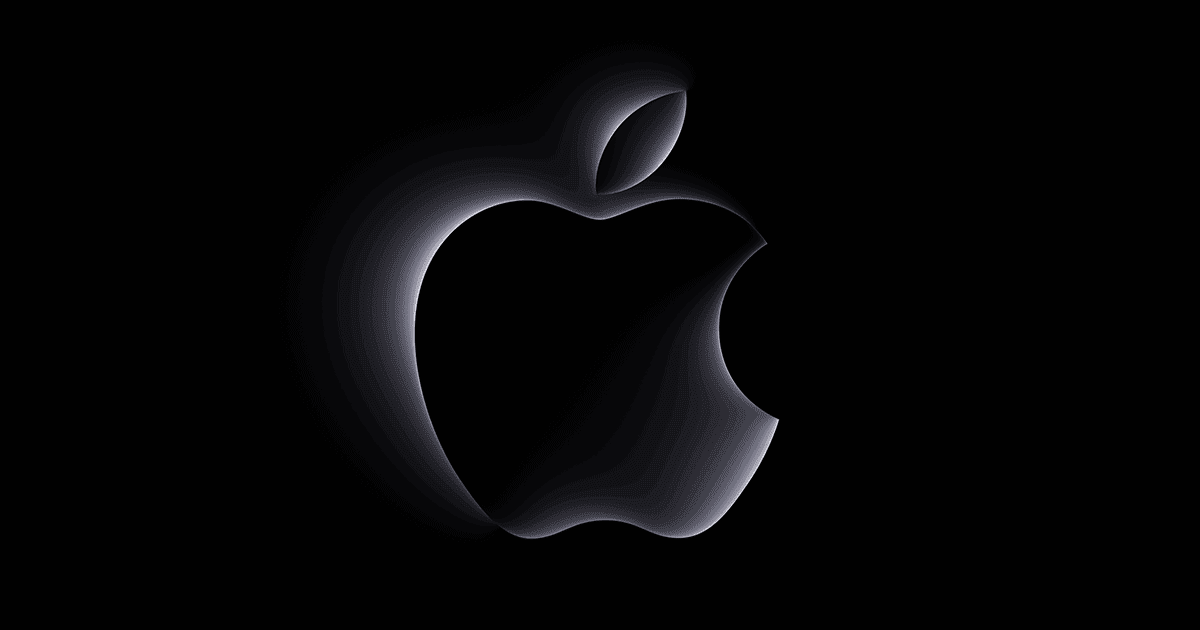In response to the European Union’s Digital Markets Act (DMA) and the need to comply with regulations while fostering a competitive app market, Apple has made significant adjustments to its Core Technology Fee (CTF) for EU developers. These changes are intended to address concerns raised by developers about potential excessive fees and the impact on small app creators. Let’s dive into the details of Apple’s updated policies and how they’re changing the app development landscape in the EU.
Apple Core Technology Fee Overview
Apple’s Core Technology Fee (CTF) is a policy the company introduced in response to the European Union’s Digital Markets Act (DMA). CTF is a fee Apple will charge developers for each user account that downloads their app, even if the developer doesn’t use Apple’s payment services or the App Store.
The CTF is currently €50 per user account per year. However, for the first 1 million downloads, accounts do not have to pay the fee. This means that developers with apps that have more than 1 million annual installs will have to pay CTF for any additional installs above that threshold.
Apple said the CTF is designed to “allow students, hobbyists, and other non-commercial developers to create popular apps” without having to pay the fee. However, developers will be required to undergo an annual audit to ensure they are in “non-commercial status” and eligible for the exemption.
For startups with annual revenue below 10 million euros, Apple has introduced a three-year maintenance process. This means that these developers will not be subject to the CTF for the first three years, even if their apps exceed 1 million installs. After this grace period, Apple will consider whether to charge CTF based on the developer scale.
The introduction of the CTF has been met with criticism from some developers who say it goes against the “original intent of the European Union” and could lead to malicious competitors boosting their friends’ app downloads to trigger the fee. However, Apple has stated that the CTF is necessary to comply with the DMA and maintain the security and quality of its platform.

Exceptions and grace periods
To mitigate the impact on small developers and non-commercial entities, Apple has introduced exemptions and grace periods within its CTF framework. Developers with no revenue from any global business are now exempt from the CTF, provided they meet specific criteria and certify their non-commercial status annually. Apple stated that if the developer does not have any income (distributes only free apps without in-app purchases and cannot use tricks to bypass Apple’s payment threshold), then you don’t need to pay Apple a “core technology fee”. According to Apple, this will allow non-commercial developers to create popular applications. From these apps they could eventually start making good income.
Gizchina News of the week
Support for small developers
For startups generating less than €10 million in global annual business revenue, Apple has introduced a three-year support process. This initiative allows small developers a grace period before being subject to the CTF, giving them time to grow their business without immediate financial obligations. During this period, developers who exceed one million first installs will not pay CTF, encouraging growth and innovation in the developer community.
Compliance with EU regulations
Apple’s adjustments to the CTF are in line with EU DMA requirements that impose certain rights on developers, such as the ability to sideload apps, use third-party app stores, and offer alternative payment methods. By revising its fee structure and eligibility criteria, Apple aims to strike a balance between regulatory compliance and supporting a diverse ecosystem of app developers.
Developer feedback and industry response
The changes to Apple’s CTF came in response to feedback from developers and industry stakeholders who expressed concerns about the potential financial strain on small developers and the impact on app innovation. By addressing these concerns and providing exemptions for specific categories of developers, Apple aims to create a more inclusive and supportive environment for app development in the EU.

Future implications and dynamics of the App Store
As Apple continues to refine its CTF policies and adapt to evolving regulatory environments, the implications for app developers and the broader app market remain significant. Moving to more flexible fee structures and exemptions for certain developer segments could change the dynamics of the App Store and encourage a greater variety of in-app offerings.
Conclusion
Apple’s updated Core Technology Fee (CTF) policies in response to the EU’s Digital Markets Act (DMA) demonstrate the company’s efforts to balance regulatory compliance with maintaining a thriving app ecosystem, especially for small and non-commercial developers. By exempting developers from revenue and providing a three-year grace period for small businesses, Apple aims to encourage innovation and encourage app creation without the burden of exorbitant fees. This approach addresses concerns raised by developers who feared that the CTF could stifle creativity and limit opportunities for new entrants.
CTF tweaks, such as the one million first-year install threshold and revenue-based criteria, suggest Apple’s willingness to adapt its policies to the needs of the developer community. This flexibility can lead to a more diverse and competitive app market in the EU, as developers feel empowered to take risks and experiment with new ideas without immediate financial constraints. What do you think of the new CTF rule? Is it enough for developers and they don’t have to push it anymore? Let us know your thoughts in the comments section below.







